Swift SDK for Android now available

Following the announcement of the Android Workgroup earlier this year, the first preview release of the Swift SDK for Android was just rolled out. Here are the details.
Expand Expanding Close
Following the announcement of the Android Workgroup earlier this year, the first preview release of the Swift SDK for Android was just rolled out. Here are the details.
Expand Expanding Close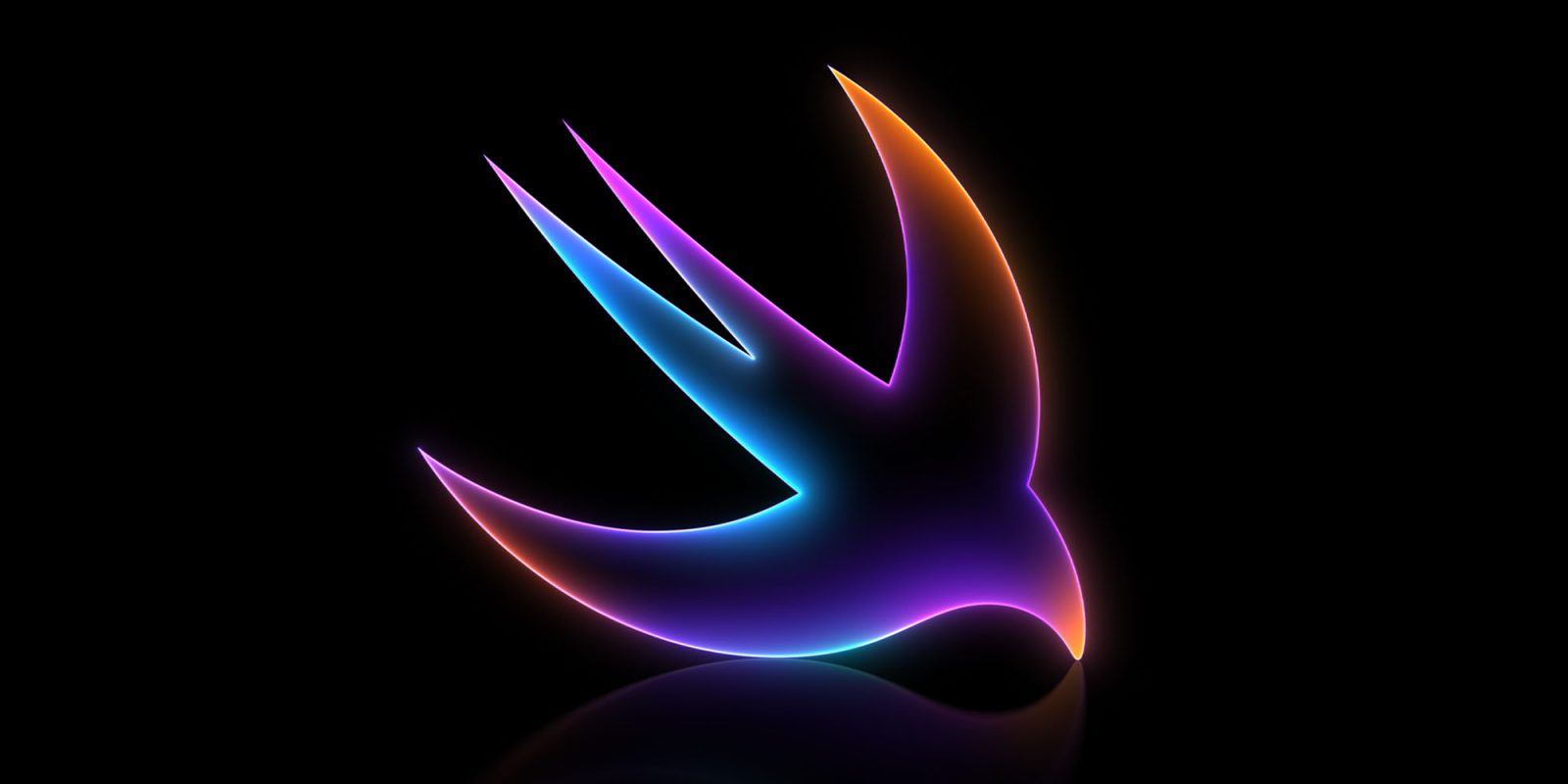
Over the weekend, Apple announced that it is making Swift Build open source. This is the build engine used by both Xcode and for the company’s internal projects.
Apple has also made a tiny name change to Swift Playgrounds, the app that helps people learn to code in Swift on iPad and Mac …
Expand Expanding Close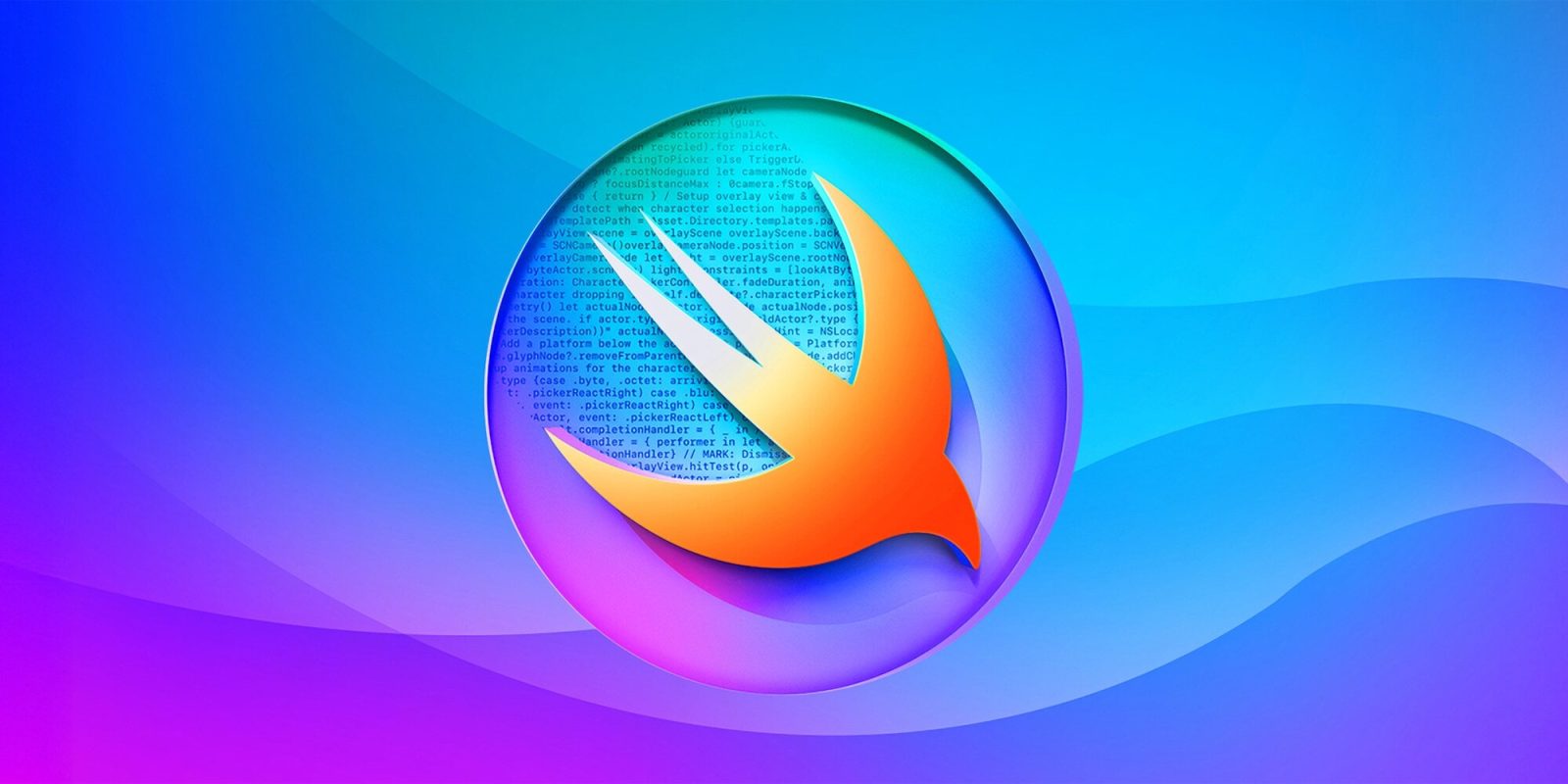
Apple is preparing to kick off its annual Swift Student Challenge again this year, with entries opening in just under a month and lasting three weeks only. Here are the details.
Expand Expanding Close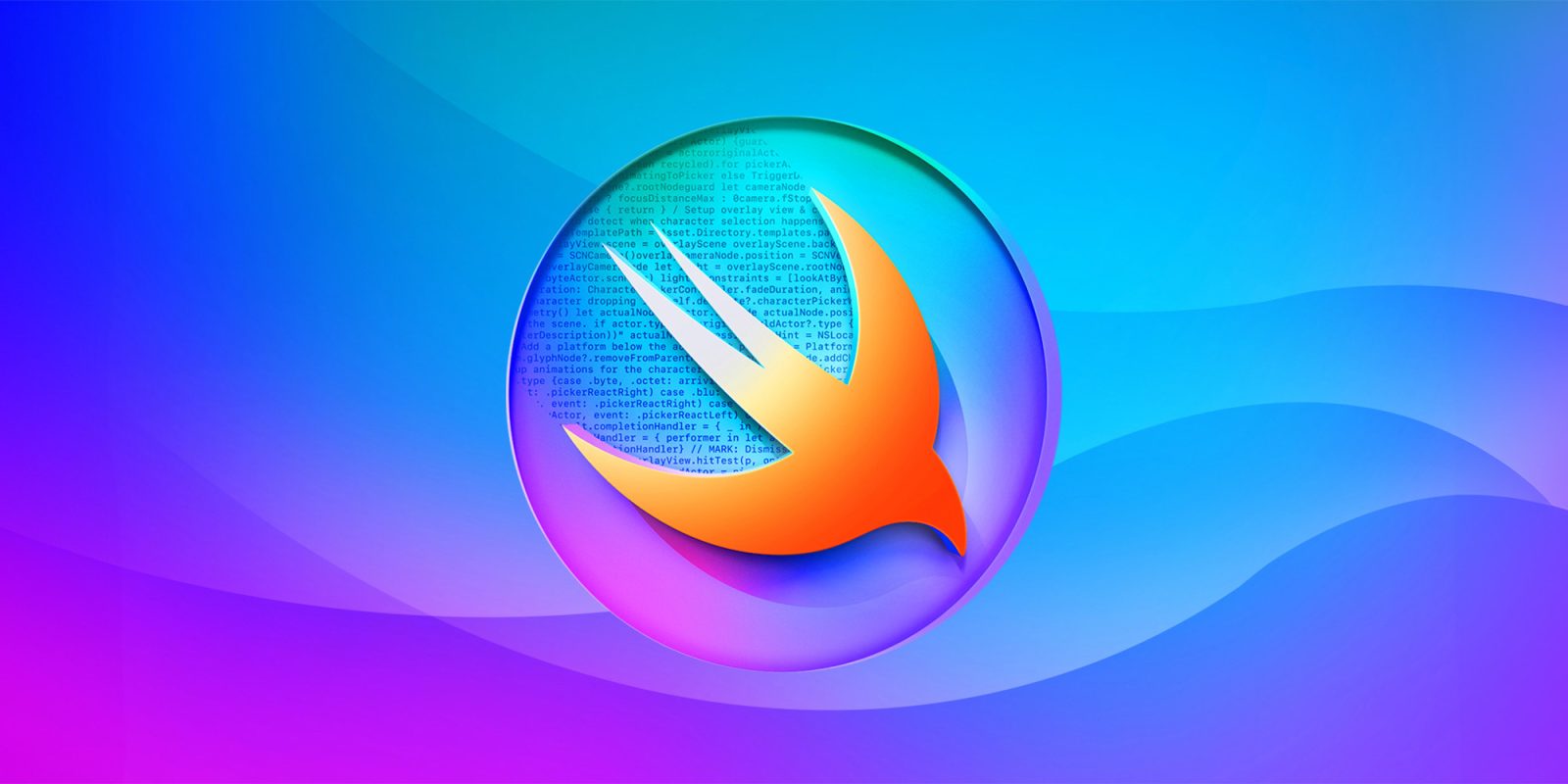
Apple has announced that its next annual Swift Student Challenge will open for submissions in February 2025. You can sign up today to be notified when applications open.
As usual, Apple will select 350 winners, and the top 50 of them will be invited to participate in WWDC in Cupertino in the summer …
Expand Expanding Close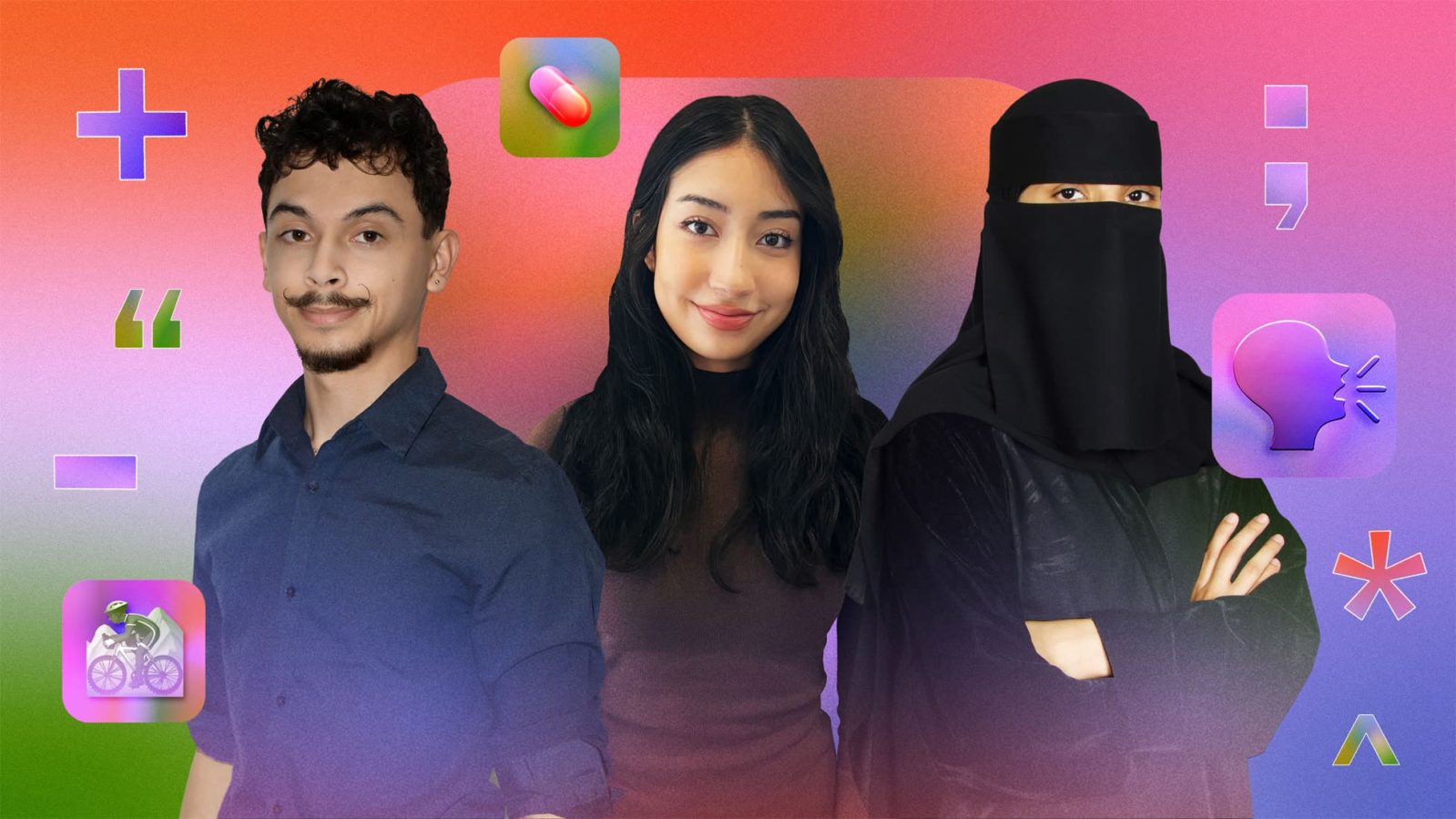
Ahead of WWDC 2024 kicking off in June, Apple has officially announced its Swift Student Challenge winners. 350 students from around the world have won with 50 selected as “Distinguished Winners” that will be heading to Apple Park for WWDC. Along with that, Apple is celebrating 3 winners with detailed profiles about their top-tier app ideas.
Expand Expanding Close
As WWDC 2024 approaches, Apple this week launched a new webpage with tutorials for developers learning the first steps on how to develop using Xcode, Swift, and Swift UI. Named “Develop in Swift Tutorials,” the webpage is now live with guides showing new developers how to install Xcode and start their first Swift project.
Expand Expanding Close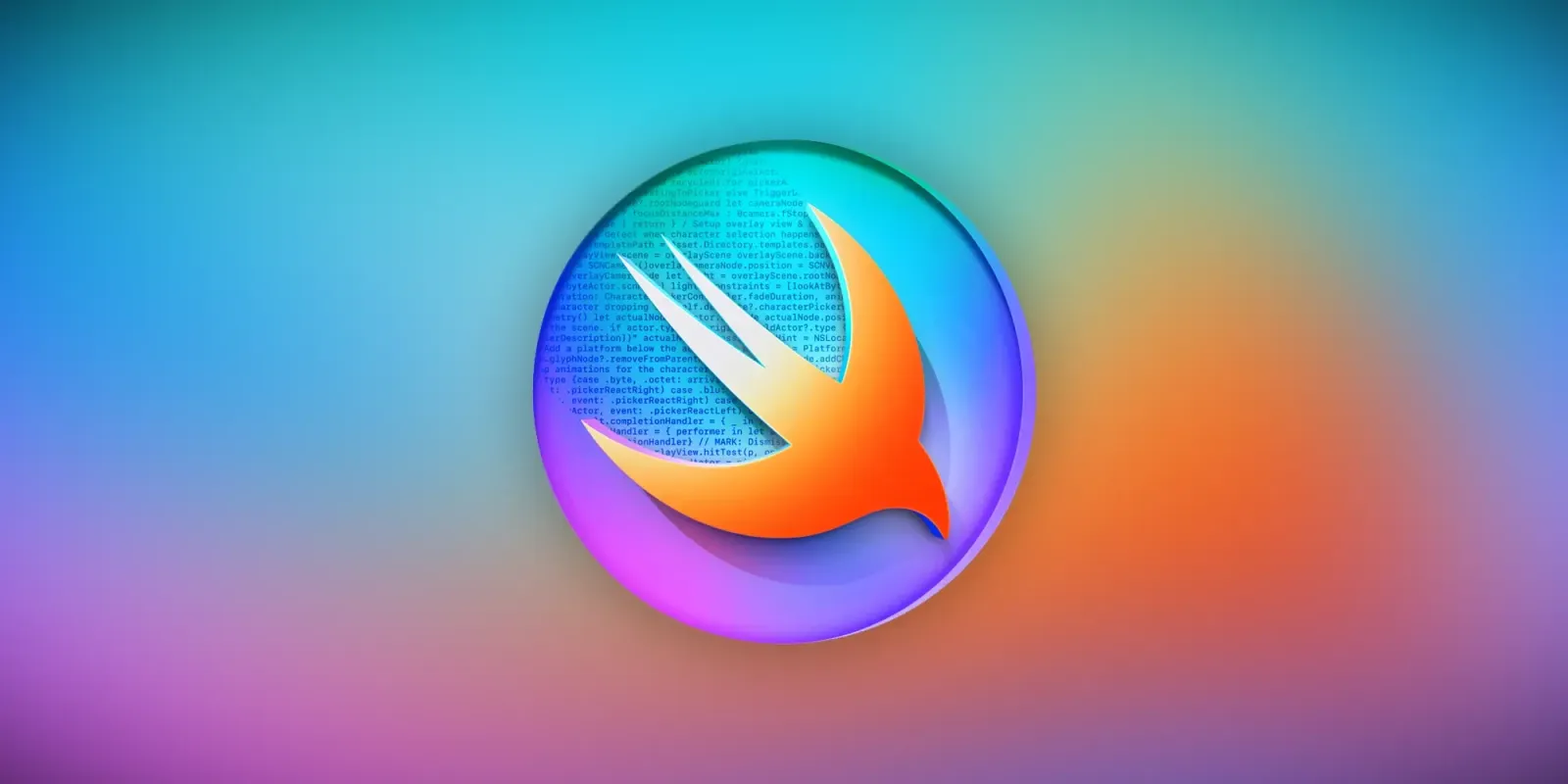
Apple has announced today that it will open the next round of its Swift Student Challenge in February 2024. Next year’s challenge will include a new category recognizing 50 Distinguished Winners, who Apple says will be named for standout submissions and be invited to visit Apple Park.
Expand Expanding Close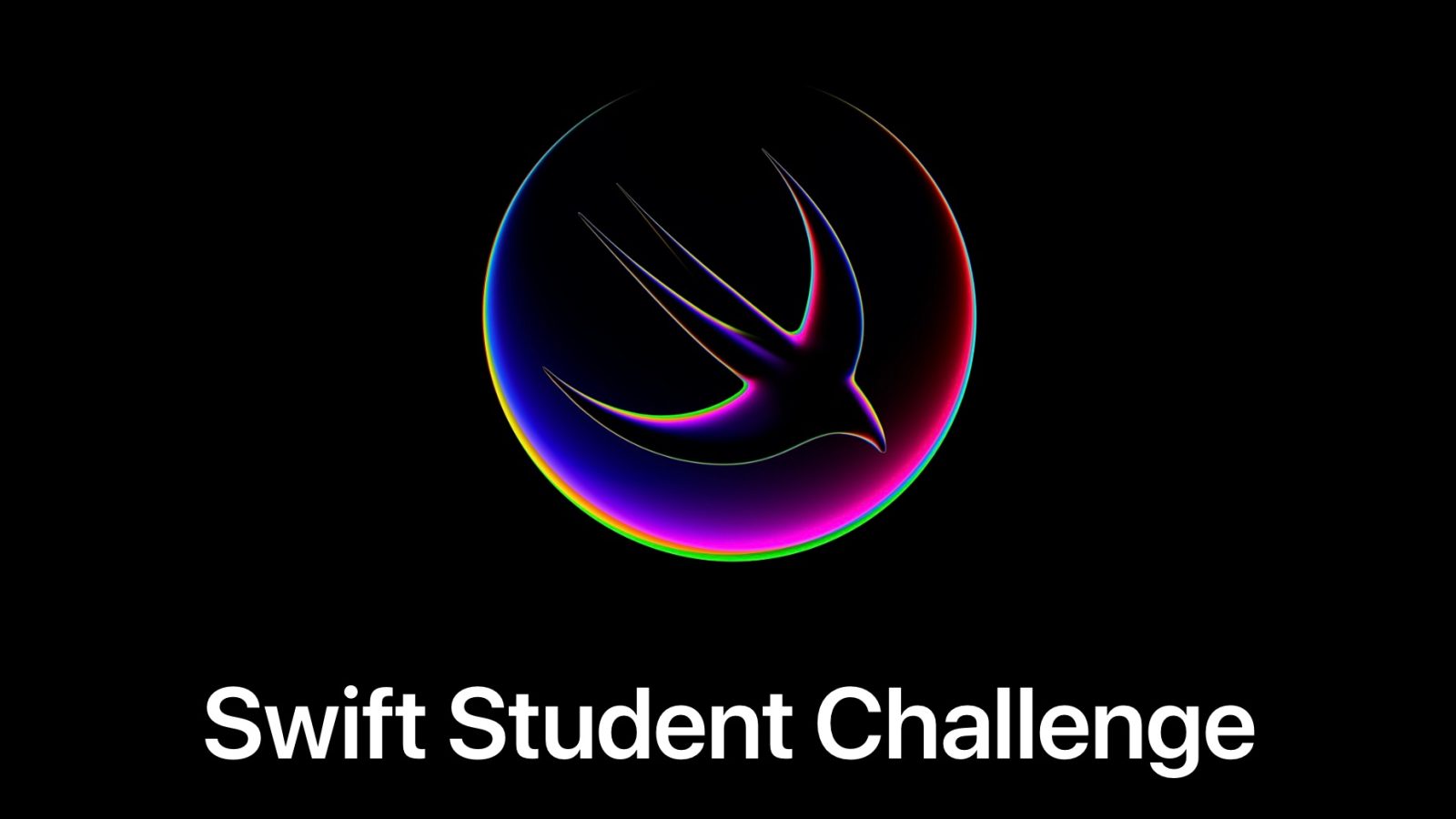
Apple has announced WWDC 2023 today and with that, it’s opened the annual Swift Student Challenge. Prizes will include exclusive WWDC23 outerwear, AirPods Pro, a customized pin set, a one-year membership to the Apple Developer Program, and a chance to attend the special in-person event at Apple Park.
Expand Expanding Close
Three of the Swift Student Challenge winners have been named by Apple, for demonstrating their ability to create problem-solving apps in Swift Playgrounds. We heard yesterday from some other winners who shared photos of their awards and swag.
Apple has now highlighted three of the winners. Aged 16, 17, and 19, all are first-time entrants. One of the apps helps gardeners identify invasive weeds, another teaches the basics of CPR, while the third helps those who are exploring their gender identity …
Expand Expanding Close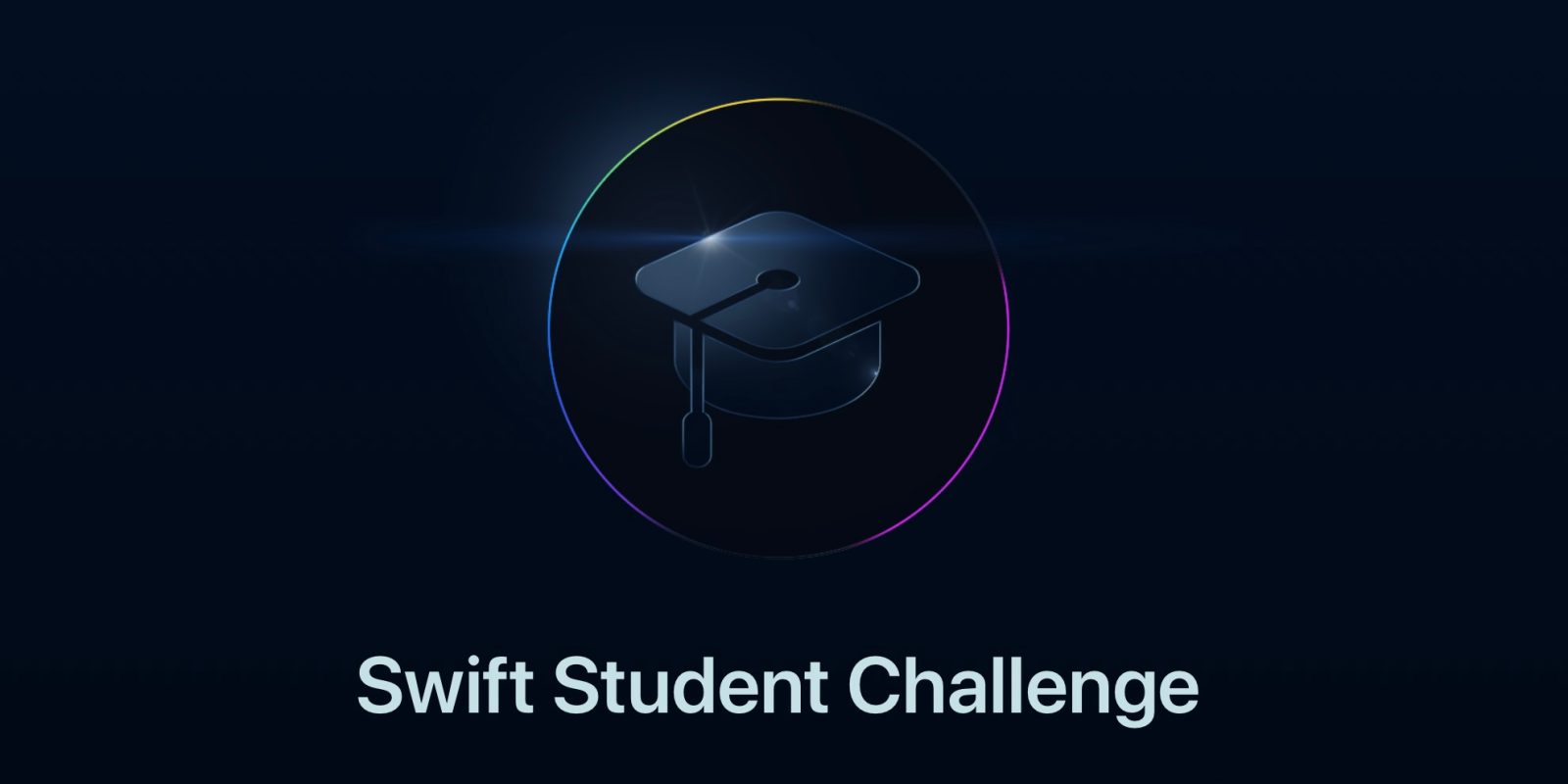
We’re just under two weeks until Apple kicks off WWDC22, and today the company has been notifying winners of its annual Swift Student Challenge. Along with the traditional prizes for winners we’ve seen in recent years, Apple is including a pair of AirPods Pro as an extra gift.
Expand Expanding Close
Apple has announced a handful of major changes for developers at WWDC 2021 this week, including updates to Swift, Swift Playgrounds, and more. In the latest episode of John Sundell’s Swift By Sundell podcast, Apple’s Doug Gregor joins the show to discuss new features in Swift and more.
Expand Expanding Close
A Community Education Initiative (CEI) is seeing Apple supporting teachers with a coding and creativity program designed to be compatible with remote learning.
Apple created the CEI with the specific goal of helping teachers work with communities that are traditionally underrepresented in technology …
Expand Expanding Close
Apple has long offered free school Swift programs intended to help students learn to code. It is now supplementing these with a new program geared to help both educators and parents teach app development using Swift.
Apple currently offers two different programs, Everyone Can Code and Develop in Swift …

Following WWDC20, Apple’s Josh Shaffer and Eliza Block have joined John Sundell on the Swift by Sundell podcast to talk in detail about everything that’s new in SwiftUI, the new home screen widgets in iOS 14, Xcode Previews, and more.

This year along with the all-virtual WWDC experience, Apple set up a global Swift Student Challenge with some cool swag for the winners. Here’s a look at the fun jacket at pins that 350 student developers are getting.

Apple has chosen 350 winners for its WWDC20 Swift Student Challenge. The company says the winners span 41 countries and regions and were selected based on their original Swift Playgrounds submission.
Apple is proud to support and nurture the next generation of developers through its annual WWDC student program — and it’s just one of the many ways that WWDC20 is recognizing and celebrating coders and innovators of all ages and backgrounds. For the first time ever, there will be a special collection of curated sessions perfect for budding coders and designers, and daily Swift Playgrounds challenges that anyone can participate in and enjoy.
Apple highlighted three of the winners in a press release and a further three in an App Store feature …

The latest episode of John Sundell’s podcast “Swift by Sundell” is out today, featuring the first-ever interview with Apple software engineers Holly Borla and Grace Kendall. The interview focuses on Swift, Mac Catalyst, and much more.

Josh Shaffer, Apple’s engineering director for UIKit and SwiftUI has joined John Sundell on his podcast Swift by Sundell in the latest episode to give a detailed look into what inspired SwiftUI, how Apple is using and improving it, and much more.

EU Code Week starts on Saturday — and bizarrely lasts for 16 days. I guess EU Code Fortnight And Two More Days doesn’t have the same ring to it.
EU Code Week is a grassroots movement that celebrates creativity, problem solving, and collaboration through programming and other tech activities. The idea is to make programming more visible, to show young, adults, and elderly how you bring ideas to life with code, to demystify these skills and bring motivated people together to learn.
That quirk aside, Apple has been providing examples of how its own Swift training materials are helping students of all ages learn to code, starting from age 5…

Apple has updated yet another one of its applications with support for new iOS 13 and iPadOS features. Swift Playgrounds has been updated today with Dark Mode support, Learn to Code enhancements, and more.

Apple introduced the Swift programming language back in WWDC 2014, as the language of the future for programming on Apple’s platforms. Since then, the language has gained wide adoption from third-party developers, with software in the operating systems themselves still being written in the old Objective-C.
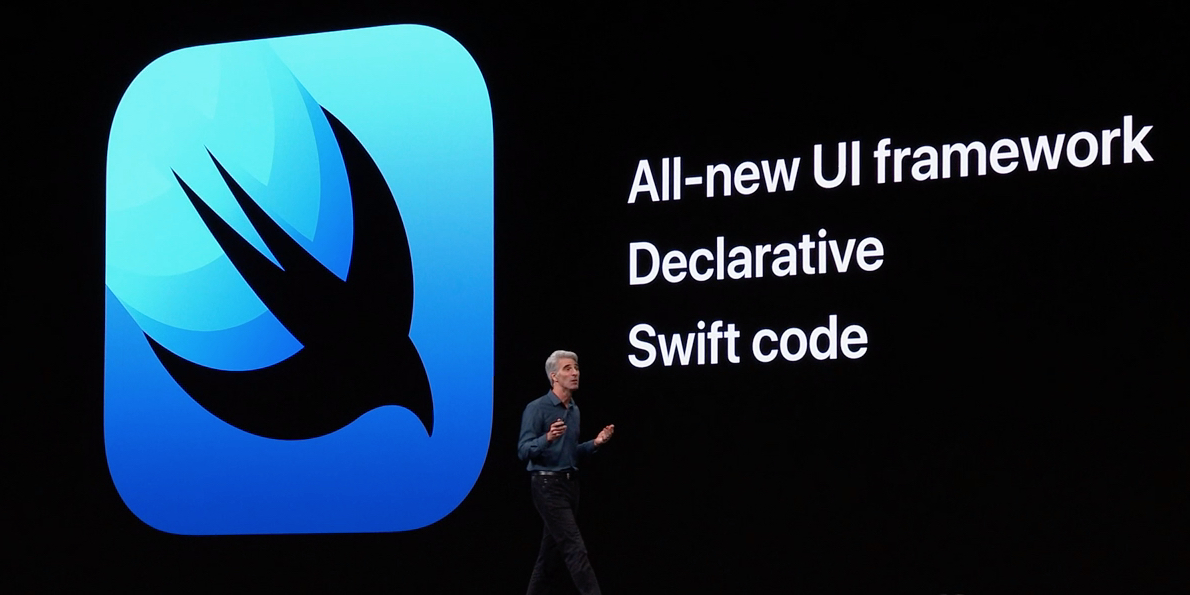
Over the last week, Apple executives have made appearances on several podcasts to talk iPadOS, Project Catalyst, the Mac Pro, and more. Now, Apple’s Josh Shaffer and Wiley Hodges have joined the Upgrade podcast to talk more about SwiftUI.

Michael Ilseman is a developer on Apple’s Swift team – and he recently joined John Sundell on the latest episode of his “Swift by Sundell” podcast. Ilseman’s appearance on the show comes following Ted Kremenek’s appearance earlier this year.

Ted Kremenek might not be the first name that comes to mind when you think of Apple, but he’s had a very important role at the company since 2017 when he was boosted to Apple’s Swift Project Lead. You can hear from Kremenek himself in a new podcast interview published today where he talks about Swift’s evolution, Apple’s internal usage of its programming language, and more.